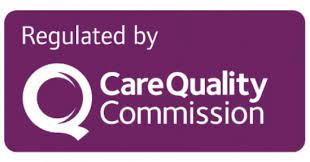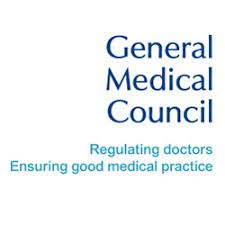Endocrine disorders encompass a broad category of diseases that occur when the endocrine system, the network of glands that produce, store, and release hormones into the bloodstream, does not function properly. These hormones are vital for controlling a variety of bodily processes, including metabolism, mood, sleep, growth and development, tissue function, sexual function, and reproduction. A disturbance in the hormone balance might result in serious health problems.

Endocrine disorders are often caused by various factors, including genetic mutations, diseases, infections, changes in the body's immune system, or damage to an endocrine gland. Some common conditions, like diabetes, occur when glands produce too much or too little of a hormone, known as hyperfunction and hypofunction. Other disorders, such as thyroid diseases, can arise from structural problems in the glands, including growths or tumours.
The symptoms of endocrine problems might vary depending on which hormone is implicated, but they frequently include changes in blood pressure or heart rate, exhaustion, increased thirst or urination, muscle weakness, mood swings, blurred vision, changes in appetite, and abnormalities in digestion. For instance, signs of hypothyroidism, or underactive thyroid, can include weight gain, lethargy, and cold intolerance. In contrast, an overactive thyroid (hyperthyroidism) might result in weight loss, increased heart rate, and anxiety.
The treatment for endocrine disorders depends on the specific disease and the underlying cause but typically focuses on restoring hormone balance. Common treatments include:
Effective management of endocrine disorders often requires a comprehensive approach, including regular monitoring of hormone levels, adherence to treatment plans, and adjustments to therapies as needed. Untreated endocrine abnormalities can result in major health complications because the endocrine system is essential to general health. Therefore, early detection and treatment are crucial.
In summary, endocrine disorders are a group of diseases resulting from the dysfunction of the glands in the endocrine system. They can have a variety of causes and symptoms, which can make diagnosis difficult at times. However, with proper treatment and management, many people with endocrine disorders can lead healthy, normal lives.
If you think that your child may be suffering from an endocrine related disorder, please contact Paediatric Diagnostics today to arrange an initial consultation.



